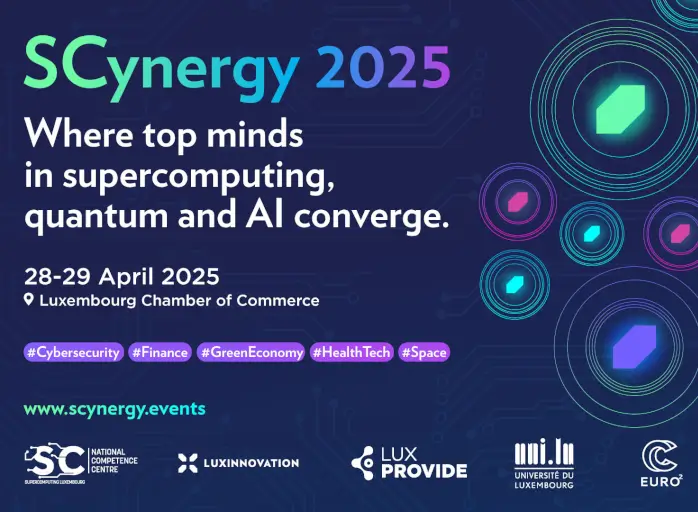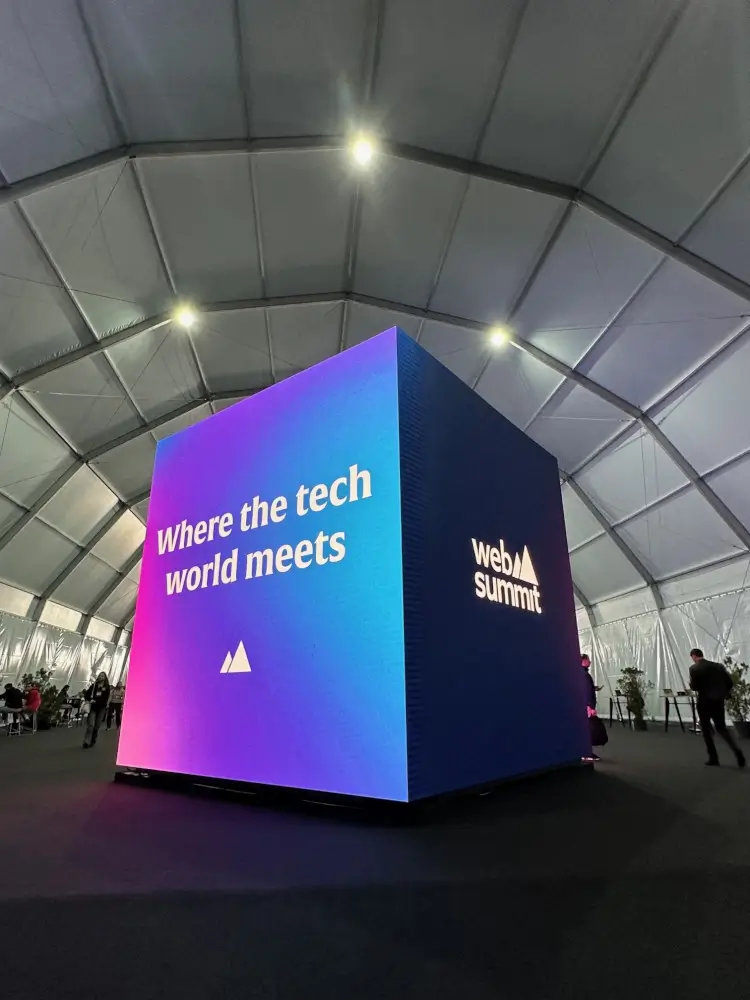


The increasing role of AI in shaping the future was stressed at the 2024 Web Summit. Here are 10 key takeaway from the event.
AI has definitely gone from being a buzzword to a truly transformative force. Several conferences explored how generative AI (GenAI) is redefining entire sectors, from e-commerce to the creative industries. For example, Alibaba presented Accio, an AI-powered search engine designed to help small businesses connect with global suppliers. This initiative illustrates how AI can not only improve process efficiency but also democratise access to business opportunities, particularly for SMEs that may not have the resources to access these large-scale markets.
In marketing, AI tools are already optimising campaigns, personalising experiences and helping brands to better interact with their audiences, but the key point is that we can go even further by enabling predictive analysis and automating repetitive tasks. One of the key messages from the summit was that AI does not kill human creativity, but enhances it, and works best when used to complement human creativity. AI opens up new prospects for SMEs, enabling them to unleash their creative potential and optimise resources at the same time.
Here's today's challenge: there's so much content available that it's hard to get noticed. So what's the key? Building genuine, authentic communities. Forget the quest for virality - the key is to create genuine emotional bonds. ‘Fans want more than just a game, they want to be entertained. In the sports and business sectors alike, this means offering experiences that go far beyond the product or service.
Despite the focus on AI, the event highlighted the importance of keeping the human element at the heart of technology. Whether it's leadership, customer engagement or building diverse teams, the message is clear: the human touch must remain at the heart of technology. While AI, automation and machine learning are lauded for their efficiency, true innovation requires empathy and understanding.
With over 60% of the world's population expected to be using digital wallets by 2026, the issue of privacy remains paramount. Users are becoming increasingly vigilant about how their data is used, which is forcing companies to be transparent and build relationships based on trust. Minister Xavier Bettel underlined this in his speech, pointing out that governments and businesses share responsibility for creating legislative frameworks that respect privacy while fostering innovation. However, he acknowledged that regulation alone is not enough. ‘Local laws are not enough. International regulation and self-regulation by citizens are essential to protect freedom of expression’.
It's not a question of throwing yourself into every innovative technology, but rather of integrating those that make sense for your business. Any advice for SMEs? Start small, integrate AI gradually, extending its use as you go along. AI can save money, improve efficiency and promote growth, even with a modest budget. ‘It's not about adopting the latest technology, but integrating it in a way that promotes growth and adaptability’.
The fear that AI will take jobs was widely discussed. The consensus is clear: AI will not replace jobs, but will redefine tasks. The future of work will be based on harmonious collaboration between man and machine, while respecting ethical practices in the field of AI. AI must replace repetitive and boring tasks, to generate new opportunities. A concrete example of this is Intuitivo, a start-up based in Porto, which has designed an all-in-one digital assessment platform to help teachers automate repetitive tasks and optimise their assessment process. This type of solution is a perfect example of how AI can free up time for more creative and strategic tasks.
The future of work will revolve around this human-machine cooperation, with a particular focus on the ethical use of AI. On this subject, Sarah Franklin, CEO of Lattice, a technology company specialising in HR platforms, made a crucial point: “The pace of innovation is outstripping the pace of education. It's a dangerous future if we don't invest quickly to ensure everyone becomes AI literate, especially early career workers.”
This statement highlights the growing gap between the acceleration of technologies, such as artificial intelligence, and the capacity of the education system to prepare new generations effectively.
Sustainability is not only good for the planet, it's also good for business! Sustainable technologies are not just a fad, but real competitive advantages and powerful tools for combating climate change. AI combined with green technologies must be used to solve critical environmental problems. Some speakers shared their sustainability practices and indicators for measuring environmental impact.
This year's highlights included mentoring sessions and discussions on topics such as access to finance and the representation of women in leadership roles in tech. There was an encouraging trend: 42% of the participants this year were women, and 44.5% of the start-ups at the Web Summit were founded by women. This is an important step forward, even if there is still progress to be made!
Several startups highlighted innovative solutions to tackle global issues in specific sectors: WoodChat, a platform using AI to ensure compliance with legal timber export standards in Brazil, helping to combat illegal deforestation. HealthHelper offers telemedicine solutions to make healthcare more accessible, while Danish startup Tryp uses AI to analyse transport data and offer personalised travel packages at competitive prices.